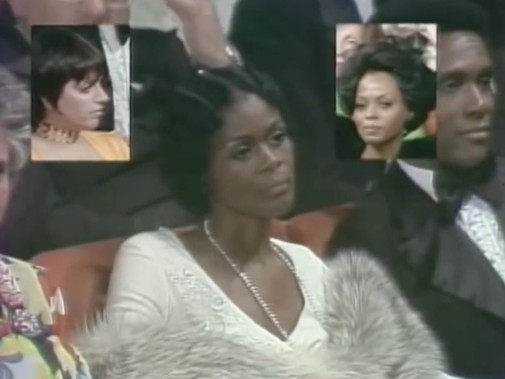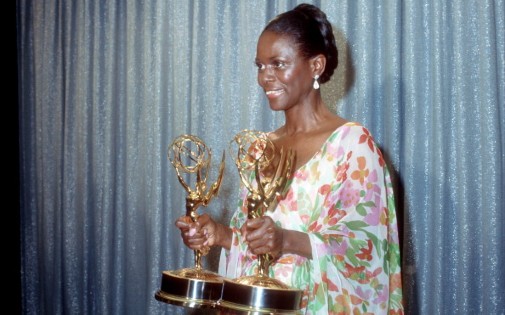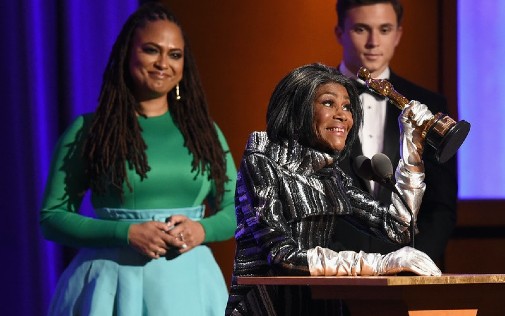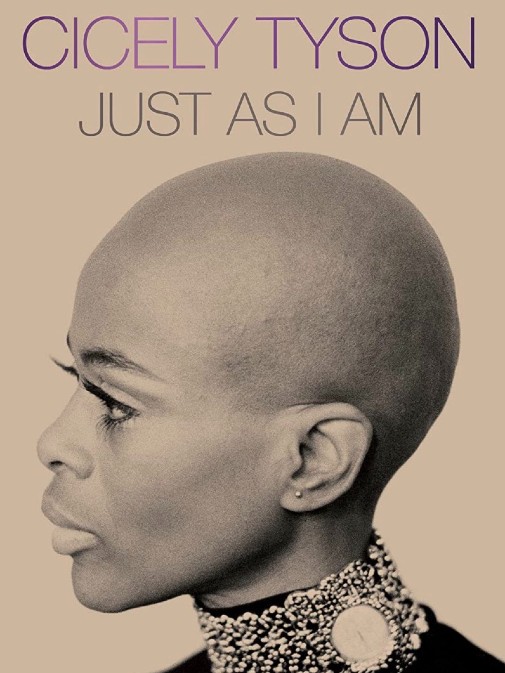![]()
Cicely Tyson, who died earlier this afternoon at the age of 96, was one of a kind. "Legend" doesn't even come close to describing her grandiose wonder, her legacy, her impact. No words I can scrounge up are enough to summarize the greatness of this model turned acting sensation, icon, pioneer. Her career spanned more than half a century and Tyson made sure to leave her mark on the big and on the small screen, on stage too, earning countless golden accolades, much-deserved acclaim, and the adoration of millions across generations.
She was an inspiration to many, a woman who made sure to immortalize and celebrate Black History in her roles and embody Black excellence in her exquisite craft. I still remember the first time I ever saw her…

As a Portuguese white guy born in the mid-90s, I did not have a wealth of cultural entry points into the world of Cicely Tyson. A lot of her bigger roles, by that point, were to be found on TV, in series and specials that didn't make it to my country's broadcasts. I was vaguely aware of Roots, even though it had never aired in Portugal, but it was the Oscars that pointed me towards this brilliant performer. In 1972, Tyson was part of a momentous historic occasion, still the only time when two Black women (Cicely Tyson + Diana Ross) got nominated for the Best Actress Academy Award in the same year. As a budding Oscar obsessive, I needed to see those films. That need only grew when I saw that one of my favorite film bloggers, Nick Davis, had declared Tyson his favorite from the '72 lineup.
Since I couldn't find Sounder anywhere in Portugal, I ordered a DVD copy from the UK and, when it finally arrived, I sat down in front of the TV, ready to be blown away. Even with sky-high expectations, I wasn't ready for what Cicely Tyson delivers in her only Oscar-nominated turn. Playing Rebecca Morgan, a Louisiana sharecropper living during the Great Depression, Tyson revealed herself as that kind of screen presence that pulls the eye of the spectator with little to no effort. Neither Martin Ritt's direction nor Lonne Elder III's screenplay call much attention to the matriarch of the Morgan family. Still, it's impossible to look anywhere else when she's in the frame. Tyson's magnetism is enough to bend the reality of the movie-watching experience.

Stoic and subdued, she plays a mother trying to hold her family together as horrible trials and misfortunes befall them, hunger clawing at their bodies while hopelessness bites into their hearts. Her strength often feels like the only thing holding the story from falling into pure misery, an unbeatable paragon of resilience whose determination feels awe-inspiring though always grounded in weary humanity.
So many saintly mothers have earned nominations, pulling the heartstrings of Academy voters whilst asking little of their performers. Rebecca is not like that, and Tyson's rendition of her struggles is never presented as a vacuous idealization. She's a woman, not a script mechanism nor a vague dream of virtue.
As Andrew Kendall previously stated when writing about Sounder right here for Black History Month 2015, one wishes the film had given us a larger glimpse into Rebecca. Her interior life is barely seen, always covered by the survivalist steel with which Tyson imbues her stare. Nonetheless, when I finished watching Sounder I couldn't forget Tyson's Rebecca, nor could I shake the feeling I had seen another human being with the kind of clarity one is rarely given, whether on or off-screen. Each second the camera's pointed at her, the actress uses every tool in her arsenal to delineate the essential truth, agency, and thought process of her character. It's restrained work, almost abrasive in its lack of dramatic showmanship, but the feelings it evokes are searing. The pain of need, the kiss of despair, the embrace of love, all of them live in Tyson's spirited eyes. With one look, she puts words to shame.

After giving such a performance, any actress deserves her place in the pantheon of the greats, but Tyson didn't let herself coast on this achievement. Her subsequent career is a miracle of hard work and unimpeachable technical skill, ambition, and inspiration. What's more impressive is how she kept it for so long, harnessing her fame for activism, never resting, always delivering new wonders to the delight of her many fans, elevating even the shoddiest of projects. That attitude helped her stay relevant, having spent the last few years enjoying the just reverence of an industry bowed to her majesty. She got an honorary Oscar in 2018, a Tony for 2013's The Trip to Bountiful, and she's been an Emmy winner since the 70s. She won three of those later prizes, for 1974's The Autobiography of Miss Jane Pittman and 1994's Oldest Living Confederate Widow Tells All.

Recently, she received five nominations for playing the recurring role of Viola Davis' mother in How to Get Away with Murder. While it's trashy TV, that program suddenly gained the depth of high drama whenever Cicely Tyson made an appearance. She never won for this achievement, but it wasn't for lack of merit. I bring up her adventures in ShondaLand because they are unshakeable proof of the star's longevity. The last of those five nominations happened last year! Such was the hard-working ethos of Tyson that she left us just a couple of days after publishing her memoir Just As I Am. I don't know about you, but I can't wait to get my hands on this book and devour Tyson's written remembrance.

The world is poorer without Cicely Tyson. Even as we mourn the loss, remember to celebrate the actress' legacy. Watch her movies, her series, read her book, share your love in the comments.